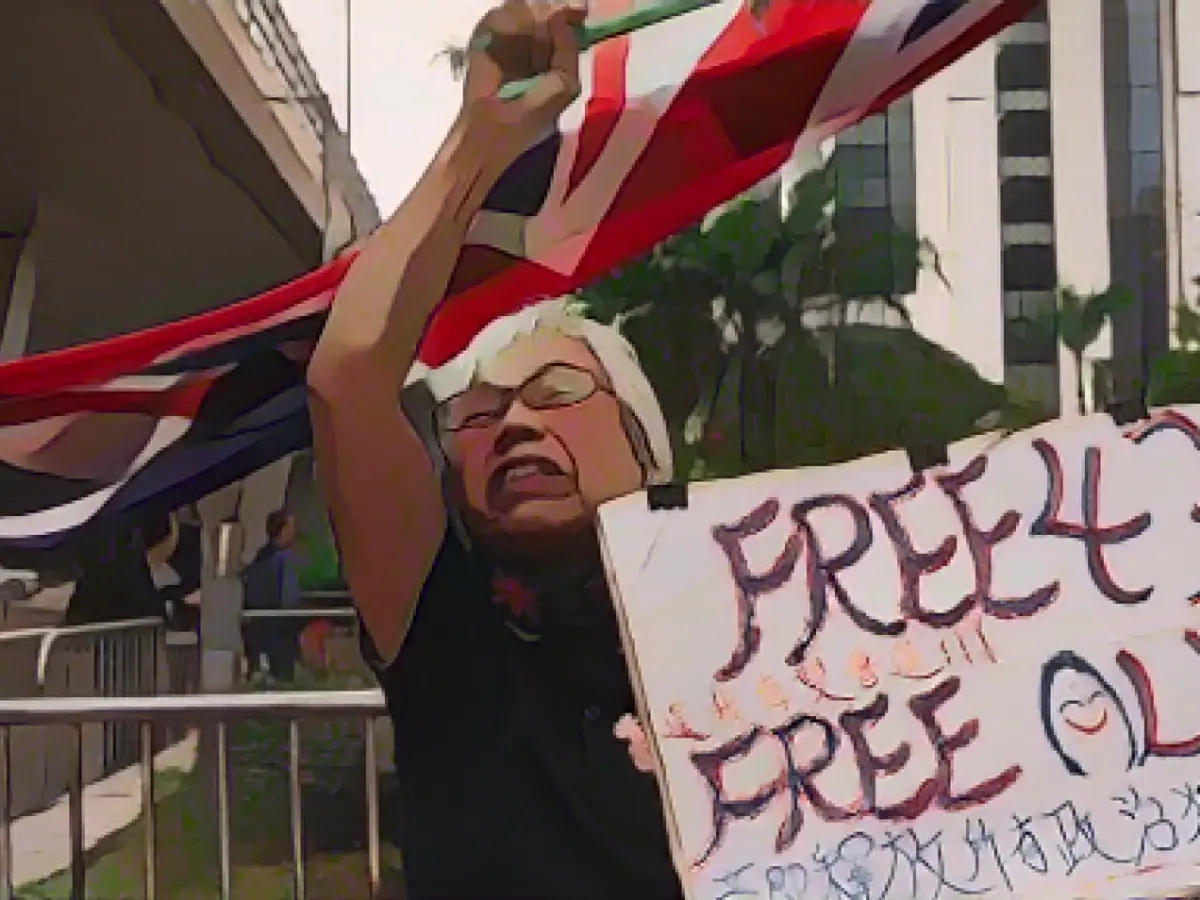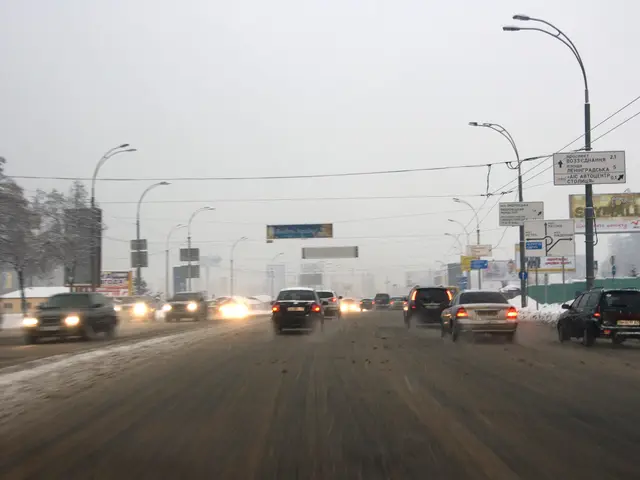Hong Kong's Crackdown on Activists Expands with New Arrest Warrants
In a recent development, Hong Kong has issued arrest warrants for five more activists residing abroad. The police in the Chinese Special Administrative Region have offered a million Hong Kong dollars (around 116,500 euros) as a reward for information leading to their arrests. The affected individuals include Simon Cheng, Frances Hui, Joey Siu, Johnny Fok, and Tony Choi.
This move follows a similar trend set by Hong Kong authorities in July, when they placed bounties on the heads of eight other prominent democracy activists living abroad. This action attracted criticism from various quarters, with British Foreign Secretary David Cameron stating that the UK would not tolerate foreign attempts to intimidate or harm individuals within its borders.
The Wanted Activists Seek Refuge Abroad
Following the suppression of the democracy movement in Hong Kong three years ago, many activists sought refuge in the UK, Australia, and the USA. Some of these include the aforementioned individuals. Although Hong Kong's bounty may not have substantial effects due to the suspended extradition agreements with the countries these activists now reside in, the promised rewards could further damage Hong Kong's international reputation.
The desired posters of these activists are clearly visible at Hong Kong airport and other border crossings, a move critics argue is aimed at further intimidating and damaging the image of Hong Kong, a significant financial metropolis.
International Community Reacts
The international community has largely criticized Hong Kong's actions. The USA has imposed sanctions on Chinese officials, restricted defense equipment exports to Hong Kong, revoked Hong Kong’s special trade status, and issued warnings to US companies regarding the risks of doing business in Hong Kong. Australia, Canada, and New Zealand also suspended their extradition treaties with Hong Kong due to the national security law. Furthermore, the US has delayed the deportations of several thousand Hong Kong residents in the US.
These measures are viewed as part of a broader crackdown on fundamental human rights, including freedom of expression, assembly, association, and political participation. The Hong Kong diaspora community has also been targeted, with fears that these actions may further strain ties between China and countries like the UK.
The Impact on Hong Kong's Reputation
Beijing's actions have jeopardized Hong Kong's position as a global financial hub. Concerns about the rule of law and political stability have impacted the city's investment environment, causing multinational firms and banks to reconsider their presence in Hong Kong. The targeting of activists abroad and their families at home is a new form of transnational repression, intended to silence exiled dissidents and pressure them into silence or returning to Hong Kong.
In conclusion, Hong Kong's ongoing suppression of democracy activists has garnered widespread criticism from the international community. Measures such as placing bounties on the activists' heads have further endangered Hong Kong's reputation as a financial hub and deterred foreign investment.







